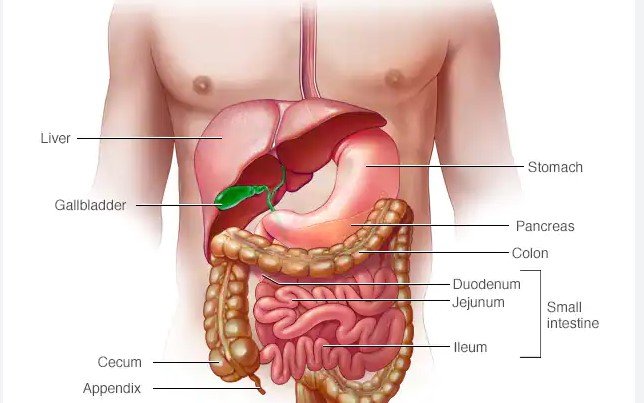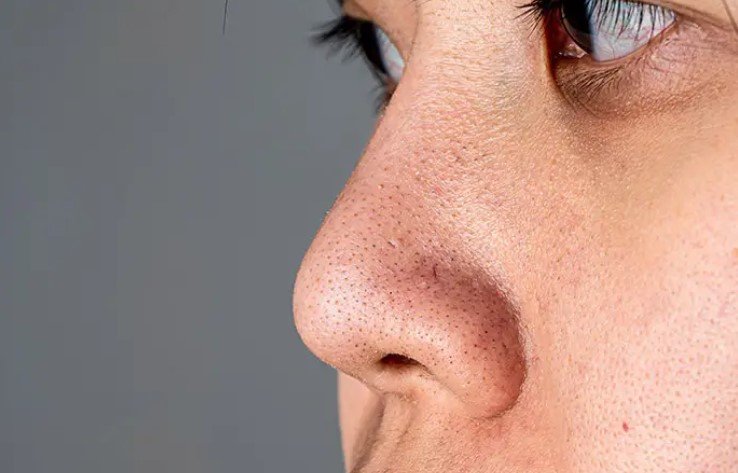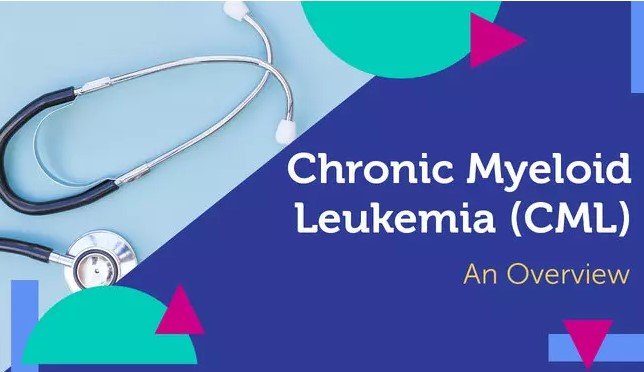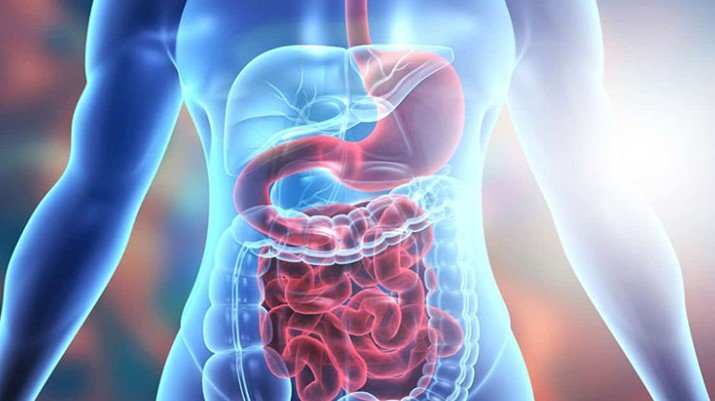Large Intestine Inflammation: Causes, Symptoms & Cure

A large intestine inflammation is a medical stage when the large intestine cannot work with full functionality and it turns red and swollen due to a disorder. Large intestine inflammation also known as inflammatory bowel disease is getting trendy nowadays. If you go for the data itself, even in the United States alone, approximately more than 1.6 million have developed some kind of inflammation. Such inflammation lasts long until there are no external sources going to subsidize it.
Large intestine inflammation is now popularly known as inflammatory bowel disease which can be identified in the form of inflammation that occurs due to stomach disorders, cramps, diarrhea, acidity, bloating, and vomiting. This condition can be put into remission with the help of medications and surgery. Crohn's disease and ulcerative colitis can be cured as well under better medical practice.
What Is Large Intestine Inflammation?
Large intestine inflammation or inflammatory bowel disease (IBD) is a chronic inflammation that happens in the stomach. It's in fact, a group of diseases that impact our stomach. Pain and swelling in the large intestine are the common symptoms but they cannot be visible to the naked eye.
This disease includes Crohn's disease and ulcerative colitis to affect the digestive system in the body. If proper treatment is provided then this disease can be avoided for life long. Most youngsters and adults are affected by this disease in the United States and the seriousness of this disease is broad since it hurts the stomach that takes care of the entire digestive system.
Types Of IBD or Large Intestine Inflammation
Large intestine inflammation or IBD has variations and this chronic disease has different types and patterns. Ultimately, this disease has 3 of its variations that we are going to elaborate on right below this section.
Crohn's Disease #Large Intestine Inflammation
This disease infects the digestive system completely resulting in pain, redness, and swelling in the large intestine. The impact can be anywhere from the small intestine to the upper part of the large intestine and it reflects its impression anywhere from the mouth to the anus. It mainly affects the upper parts of the large intestine and the lower parts of the small intestine.
Ulcerative Colitis #Large Intestine Inflammation
The colon and rectum can be found as early symptoms. Swelling and soreness in the large intestine can be easily detectable, which affects the large intestine.
Microscopic Colitis #Large Intestine Inflammation
It is a tiny developed intestine inflammation, which generally cannot be seen, anyway. A microscope is needed to gather in the large intestine and find the detectable causes present in the intestine.
Symptoms & Causes Of Large Intestine Inflammation
Once the digestive tract discovers difficulties in the stomach, it doesn't provide any symptoms at an early stage. The development of the symptoms starts slowly and reflects in severe difficulties for the person.
Many researchers and health professionals are conducting various examinations, tests, studies, and reports to combine and determine the real causes of why somebody develops this disease. However, some of the factors that are responsible for developing large intestine inflammation or IBD are quite normal.
Genetics
Genetical causes occur due to a family history of a person who has been diagnosed with this disease earlier. Genes play a crucial role in inheriting diseases to its new generation, which is quite acceptable. 1 in 4 people discovers they have to have this disease without any elementary causes.
Immunity System
The role of the immunity system in the body is to react against any bacteria or infections that are harming the body. Any foreign substances that are not healthier for our body may react badly and thus a person with a poor immune system may discover IBD or issues in the large intestine. Our immune system recognizes the foreign threats and reacts as a symptom of IBD or large intestinal issues.
Behavioral Traits
If you have a person in your family with a history of this disease then higher the chances you may also develop it sooner or later. However, the behavioral approach plays a crucial role in implementing this disease.
Anxiety and stress have triggered a lot and people who are much into drugs and smoking can fall into this trap easily. A lack of medication and poor healthy routine, lifestyle, and irregular eating habits can be the prime causes of this disease.
IBD Or Large Intestine Inflammation Treatments
The treatment varies from one stage to another, so the first step should be focused on how to identify what treatment needs to be fixed. Upon realizing the seriousness of the symptoms, a medical professional may suggest a treatment plan, which cures your prolonged infections completely for your large intestinal inflammation. The medication required here in the treatment plan includes:
- Supply antibiotics for infections and abscesses.
- A highly reactive immune system.
- Use of Corticosteroids
- Supply immunomodulators for excessive immunity reaction
- Aminosalicylates to maintain the irritation
Over Counter Treatment
IBD offers over-the-counter treatments that can be beneficial for the symptoms. These are as below:
- Probiotics and vitamins
- Antidiarrheal medicines
- NSAID drugs
Surgical Treatment For Crohn's Disease
6 out of 10 people have to go through surgery if they have developed Crohn's disease. It needs surgery to be completed when the medications don't provide any longing care and the symptoms keep fluctuating every now and then. A surgeon checks for a bowel movement and performs the surgery.
- Connects the bowel together
- Eliminates the bowel segment
The remaining parts of the bowel adjust with the functioning after post-surgery. These medications deliver great relief from the moment it is done. However, this disease could have a post-treatment recurrence every 10 years, which is not guaranteed. Approximately, 6 out of 10 people have to undergo this treatment plan again after a decade. Therefore, after a decade the recurrence will lead to bowel resection which helps cure better.
Surgical Treatment Ulcerative Colitis
Not all but 1 out of 3 people have to undergo ulcerative colitis treatment. It affects mostly the people who are adults and cross the age above 30+. They have a higher chance of developing this disease. How a surgeon will perform this task.
- Controlling the ileal pouch which collects the stool
- Eliminates the colon and rectum
- Join the anus with the intestine
This surgery completely vanishes away and never returns the symptoms to the body. It will never demand the removal of the colon or rectum. However, Issues can develop in the ileal pouch.
Finishing Off,
Large intestinal infections or IBD is a chronic disease and the symptoms are not visible at an early stage. Thus, it is important to understand every possible detail if you have developed pain, redness, heartburn, and swelling in the intestine and have pain and difficulties swallowing and digestive foods.
Inflammation could be of any type and our curated 21 day anti inflammatory diet plan can help overcome inflammation that is under the control stage. Gastritis is another difficulty that has developed due to poor food habits and unhealthy lifestyles.













